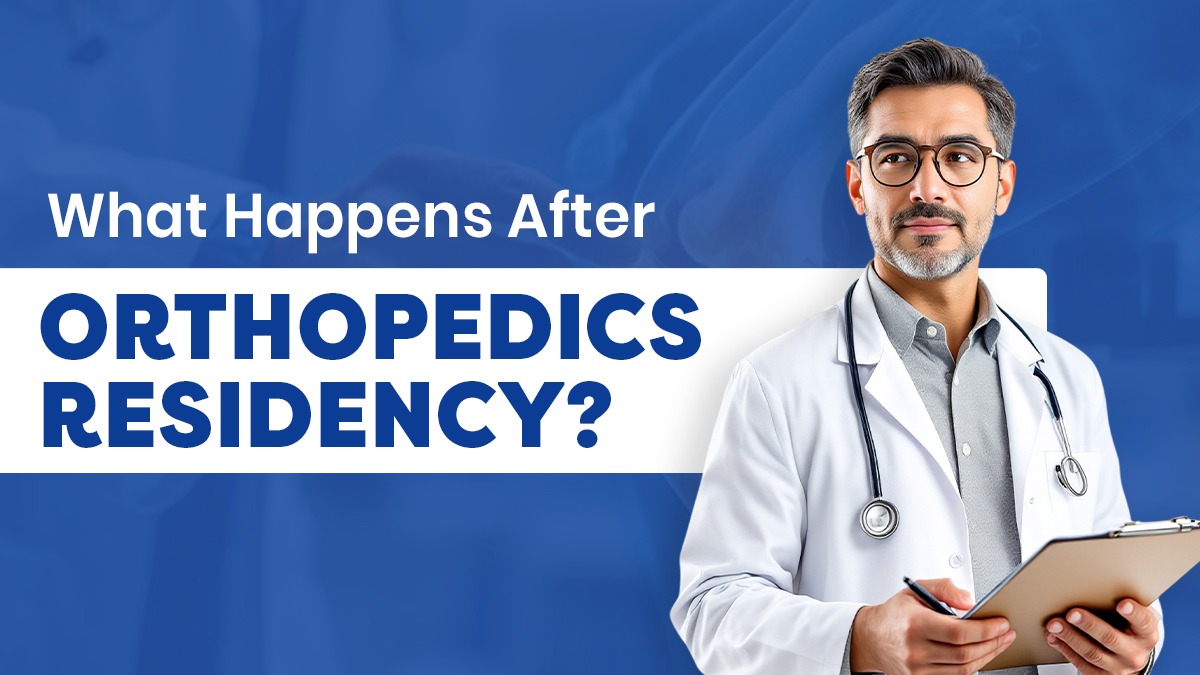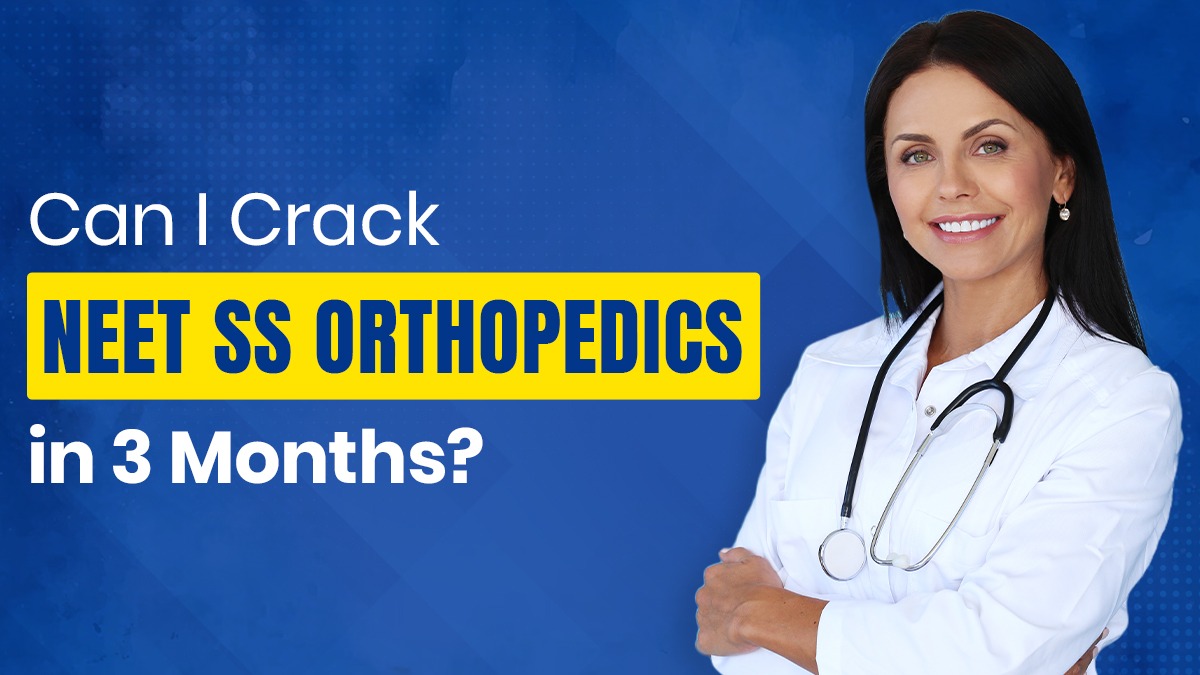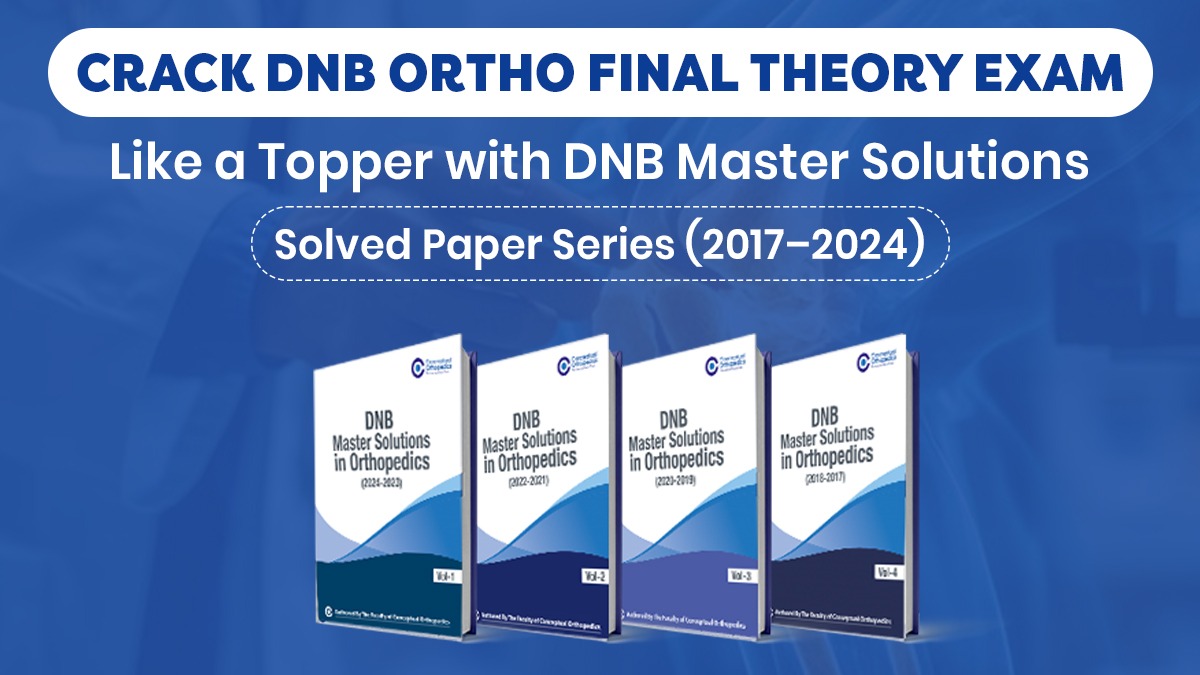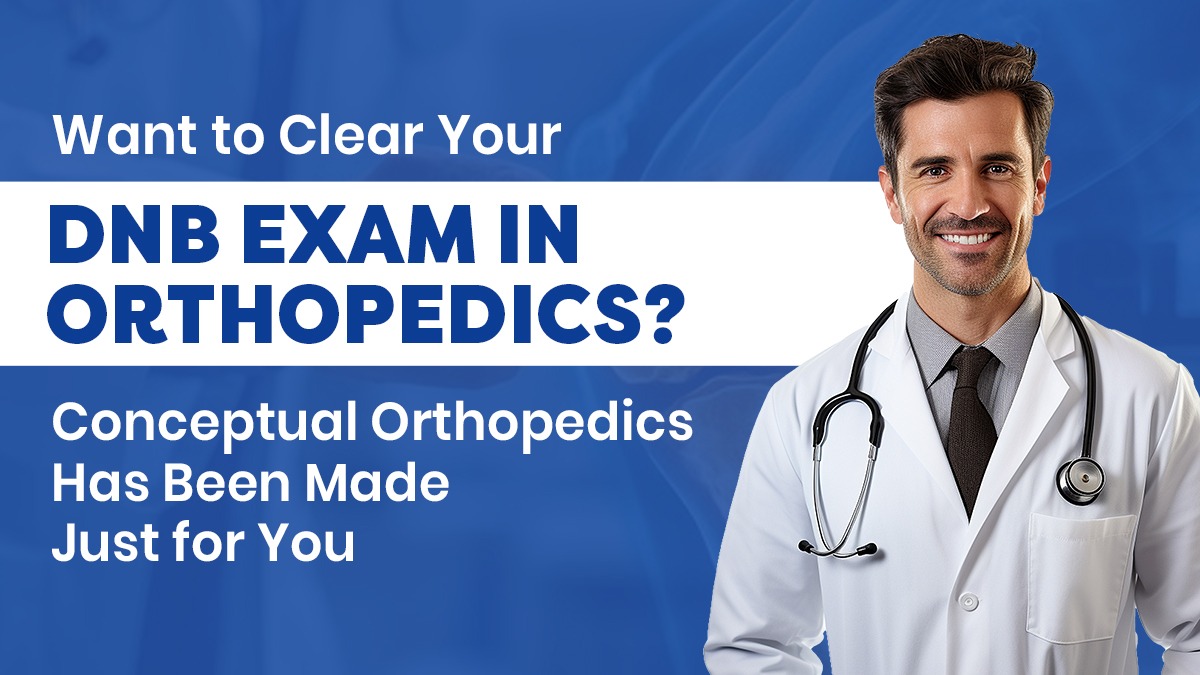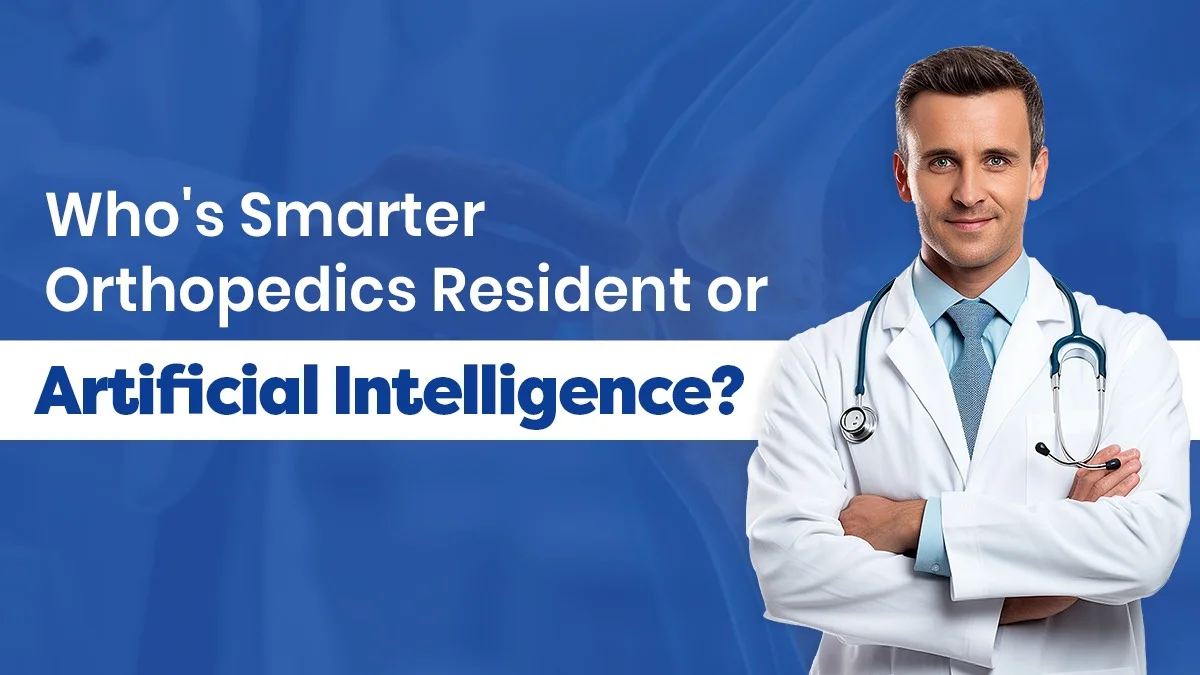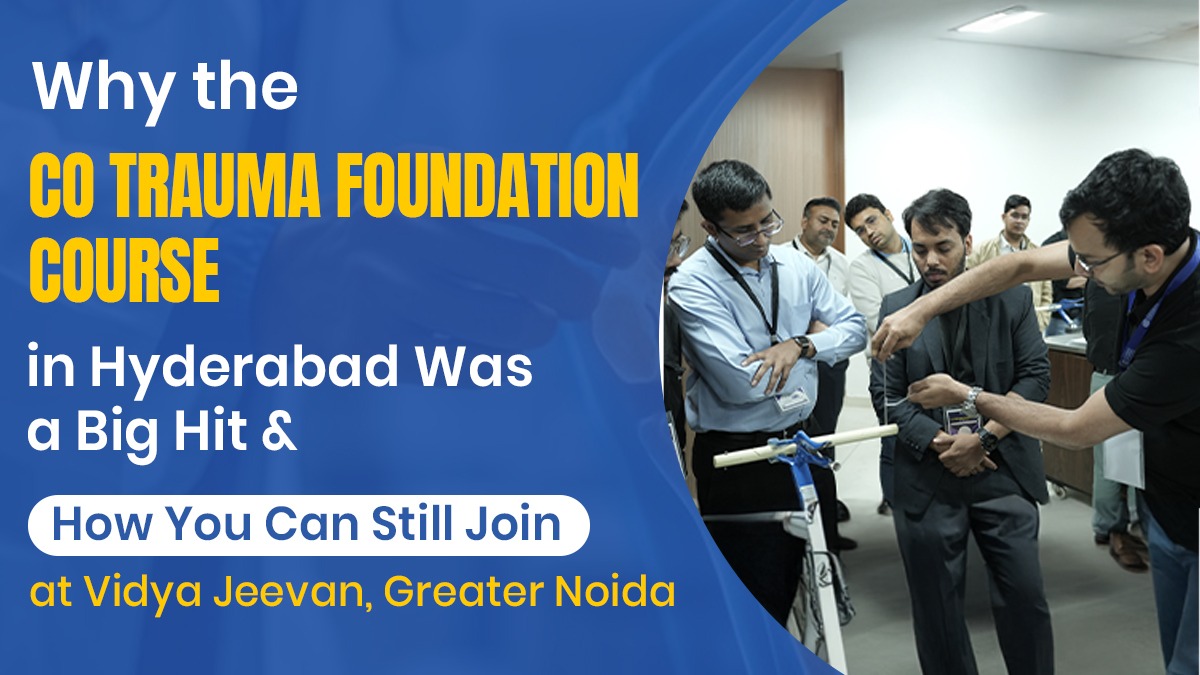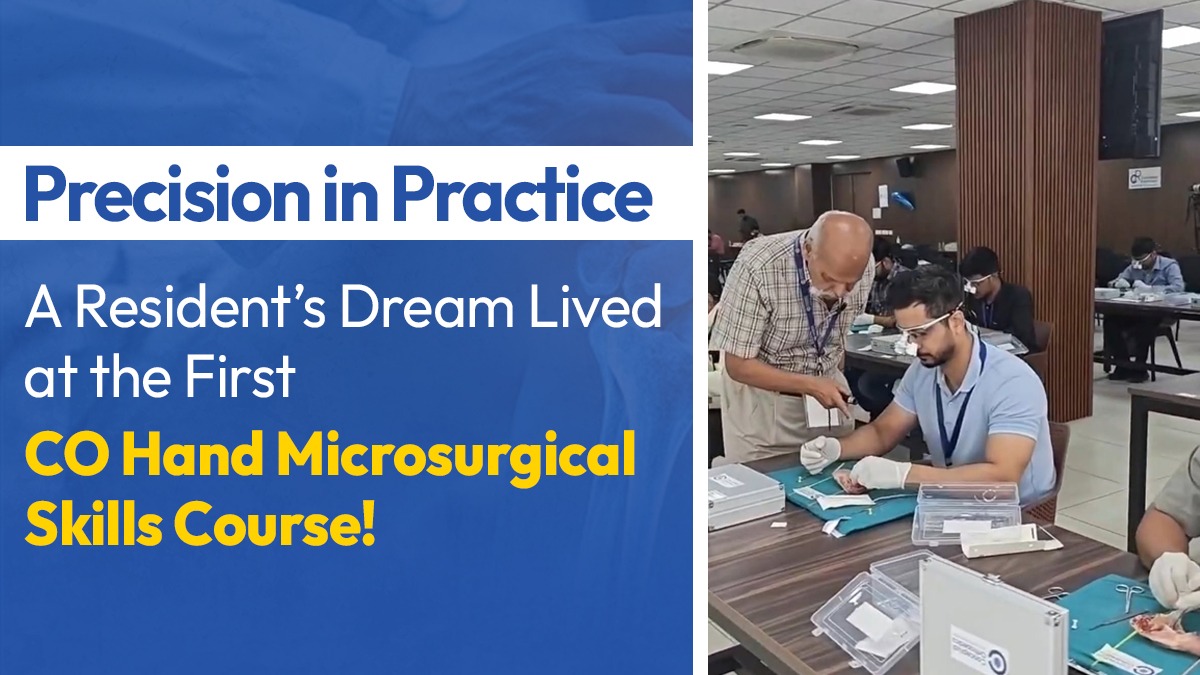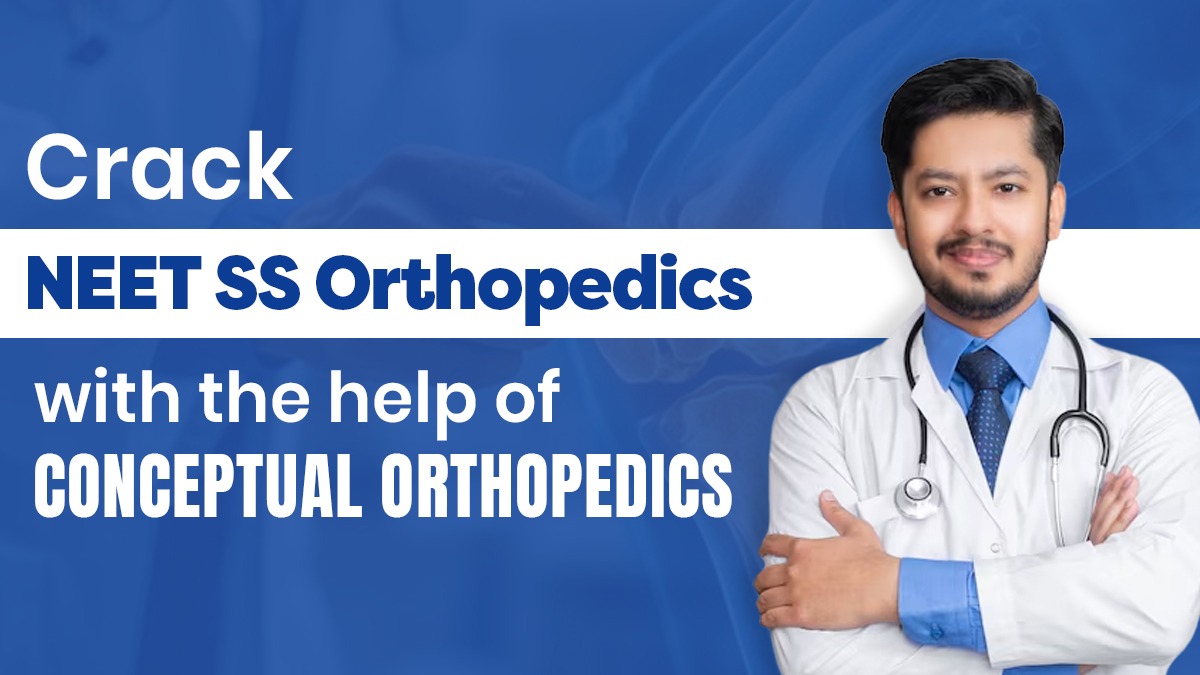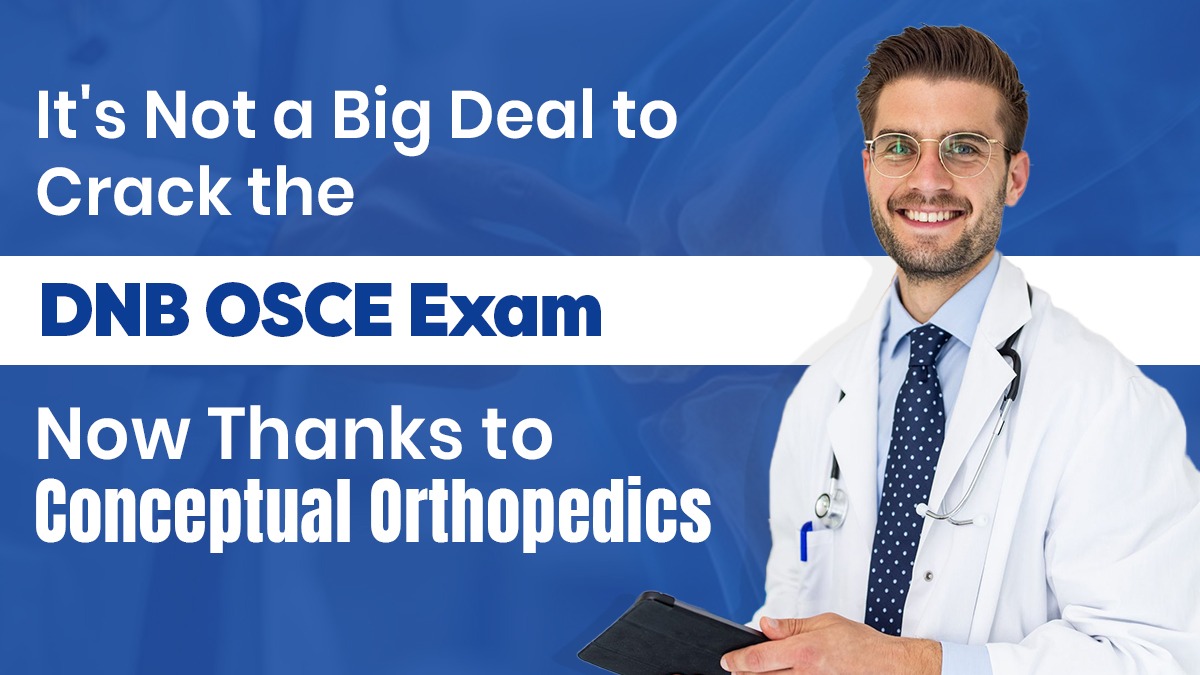Estimated reading time: 4 minutes
Orthopedic residency is a journey with a physically demanding and mentally rigorous path, as it takes years of long hours, complex surgeries, depth in knowledge, and real-time critical decisions. But entering into the final year of orthopedic residency, so many young orthopedic residents have found themselves asking:
Now what about the future?
The fact is, completing your orthopedics residency opens various paths for you that align with your future goals, not just the prescribed path. Whether you dream of entering a surgical subspecialty and becoming the team doctor for elite athletes or envision building the next generation of orthopedic implants, your options are as dynamic and diverse as the human musculoskeletal system itself.
In this blog, we’ll walk through the overall roadmap of post-residency life, clinical paths, academic roles, entrepreneurial ventures, and the ever-growing world of non-traditional careers, if you want to pursue them.
- Pursuing a Fellowship for Subspecialization
You know the majority of orthopedic residents choose fellowship training to gain specialized training in their specific area. Fellowships typically last one year and sometimes two, offering advanced expertise in high-demand subspecialties.
Popular Orthopedic Fellowships are as follows:
- Sports Medicine – Focuses on athletic injuries, arthroscopic surgery, and performance optimization.
- Joint Replacement (Adult Reconstruction) – Specializes in hip and knee arthroplasty, revision surgeries, and cutting-edge implant technologies.
- Spine Surgery – Covers degenerative spine conditions, deformities, and minimally invasive techniques.
- Hand & Upper Extremity – Deals with trauma, congenital conditions, and microsurgery.
- Pediatric Orthopedics – Addresses congenital disorders, scoliosis, and growth-related issues in children.
- Trauma & Fracture Care – Focuses on complex fractures, polytrauma, and limb salvage.
- Foot & Ankle – Treats deformities, arthritis, and sports-related injuries.
Why Pursue a Fellowship?
- Higher earning potential in subspecialized fields
- Increased job market competitiveness
- Greater surgical autonomy in complex cases
- Opportunities for academic and research roles
- Entering Private Practice
Many orthopedic residents transition directly into private practice after residency, either by joining an established group or starting their practice.
Types of Private Practice Models:
- Group Practice– Joining a multi-surgeon practice with shared resources and call schedules.
- Solo Practice– Building an independent practice (more autonomy but higher administrative burden).
- Hospital-Employed Model– Working as an employee of a hospital or healthcare system.
- Academic Medicine & Teaching Hospitals
For those passionate about research, teaching, and innovation, an academic career offers a fulfilling path.
Roles in Academic Orthopedics:
- Faculty at a University Hospital – Teaching residents and medical students while maintaining clinical practice.
- Residency Program Director – Overseeing orthopedic residency programs and curriculum development.
- Clinical Researcher – Leading studies on surgical techniques, implants, and outcomes.
- Hospital-Employed or Healthcare System Positions
Many orthopedic residents opt for employment within large healthcare systems, which provides stability without the business hassles of private practice.
Benefits of Hospital Employment:
- Steady salary with benefits (retirement, malpractice insurance, etc.)
- No overhead or administrative burdens
- Access to institutional resources and referral networks
Drawbacks:
- Less autonomy in decision-making
- Potential for productivity-based compensation pressures
- Bureaucratic constraints of large organizations
- Non-Clinical Career Paths in Orthopedics
Not all orthopedic residents remain in direct patient care. So there are several alternative career options exist:
Medical Industry & Consulting
- Device Companies (Stryker, Zimmer, DePuy) – Working in R&D, sales, or surgeon training.
- Healthcare Consulting – Advising hospitals, startups, or investment firms on orthopedic trends.
Healthcare Administration
- Medical Director Roles – Overseeing orthopedic departments in hospitals.
- Healthcare Policy & Advocacy – Working with government or medical boards on regulations.
Entrepreneurship & Innovation
- Startups & MedTech – Developing new surgical tools, implants, or digital health solutions.
- Telemedicine & Digital Orthopedics – Providing virtual consultations or AI-driven diagnostics.
- Work-Life Balance & Burnout Prevention
Orthopedic residency demands a unique blend of physical endurance, mental resilience, and emotional strength. With long hours, complex surgeries, and constant pressure to perform, it’s no surprise that burnout is a common and serious challenge faced by many residents.
- Setting Boundaries – Avoiding excessive call duties and overbooking.
- Finding a Supportive Practice Environment – Choosing employers who value work-life balance.
- Exploring Hybrid Roles – Combining clinical work with research or consulting to reduce monotony.
Conclusion
Completing orthopedic residency marks the end of one rigorous journey and the beginning of an exciting new chapter filled with diverse opportunities. Whether you choose to pursue further specialization through a fellowship, get into private practice, contribute to academic medicine, or explore non-clinical roles, each path offers unique rewards and challenges.
